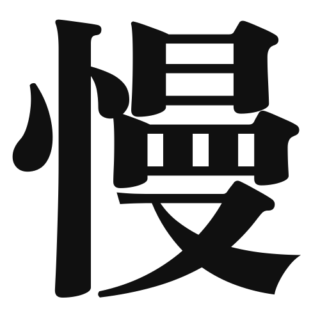 N1
N1 慢
1. Overview of MeaningThe kanji "慢" (man) means "slow" or "sluggish." It conveys a sense of being unhurried or lacking u...
 N1
N1 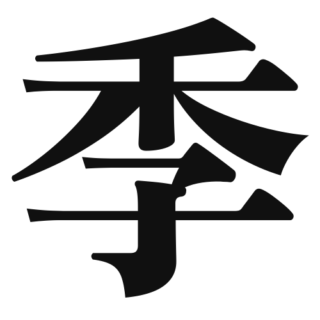 N2
N2 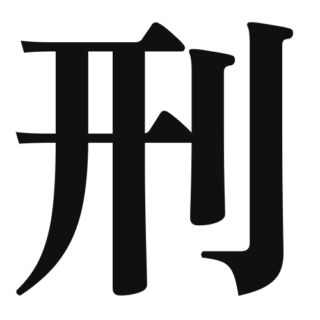 N1
N1 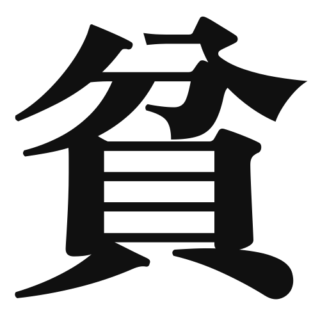 N3
N3 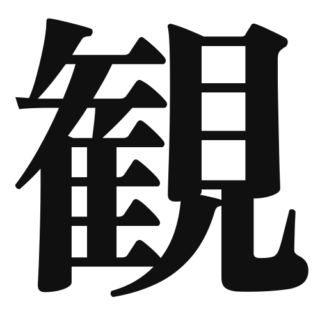 N3
N3 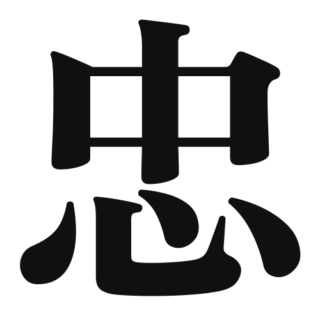 N1
N1 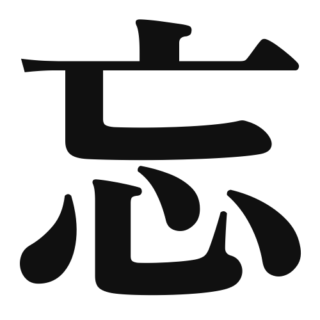 N3
N3 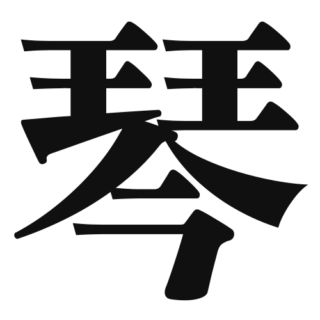 N1
N1  N1
N1 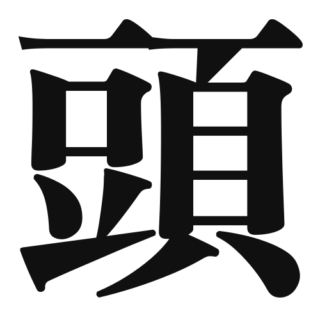 N3
N3